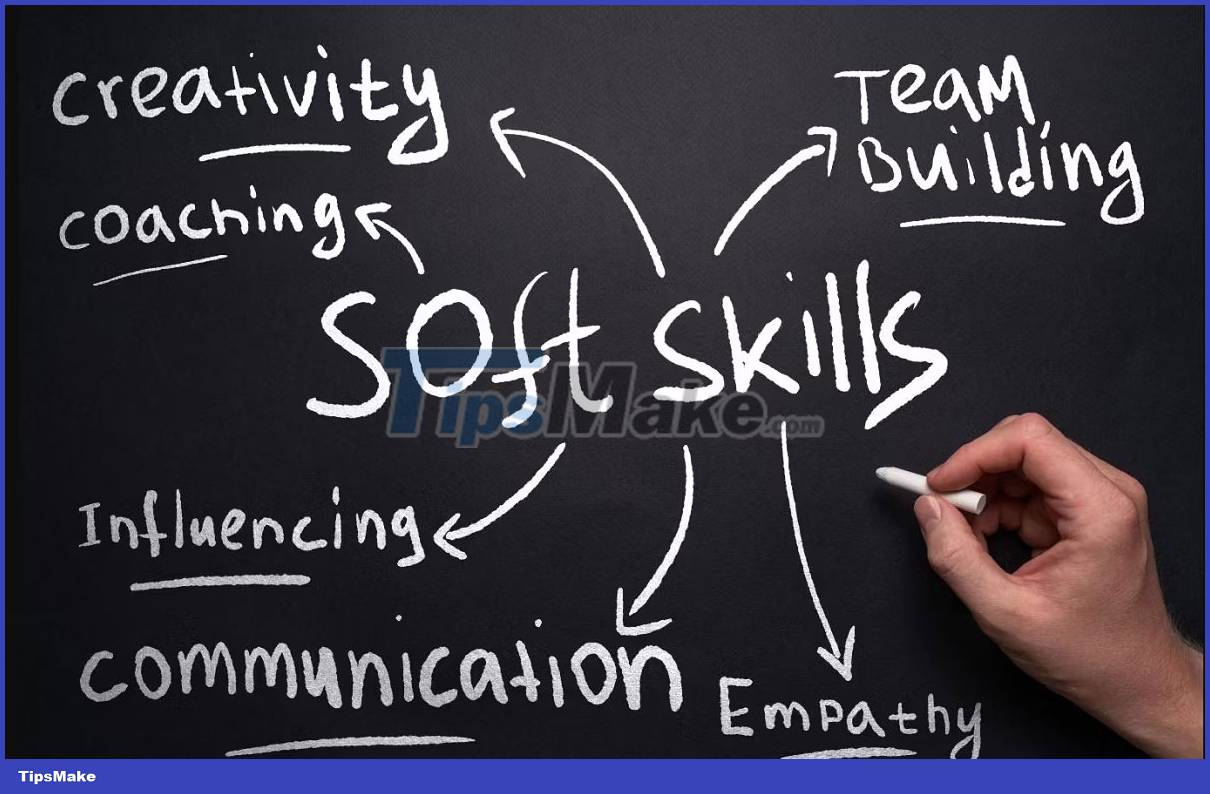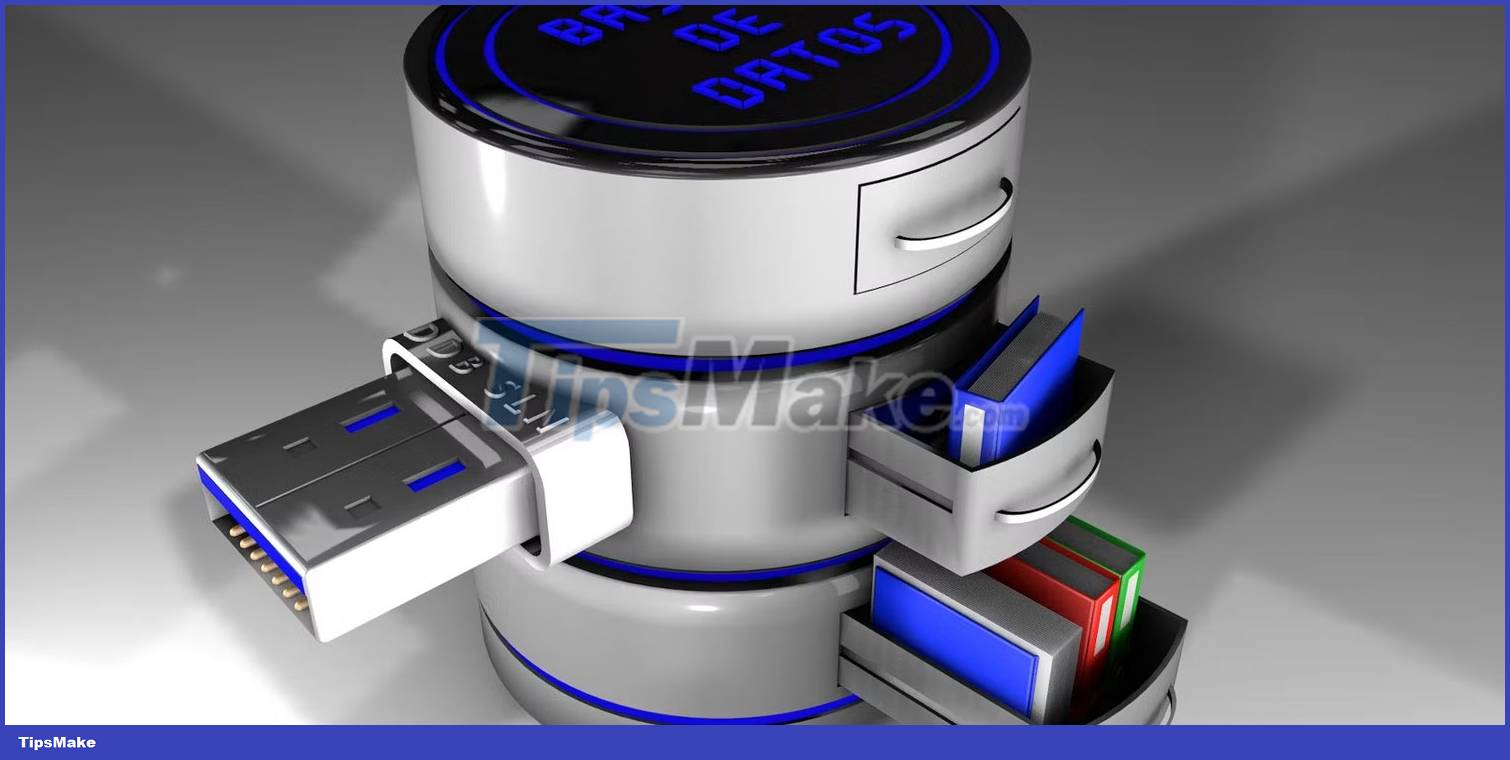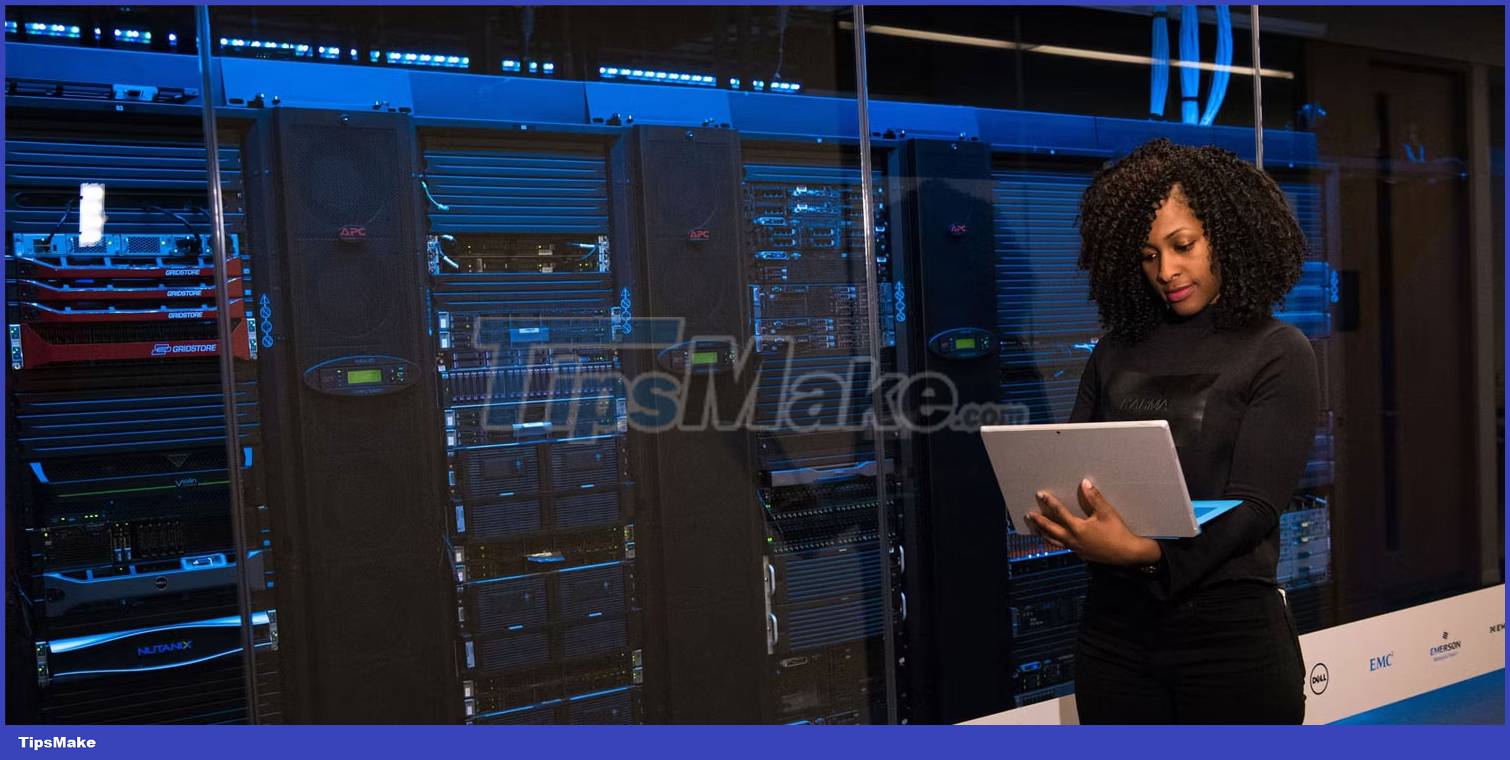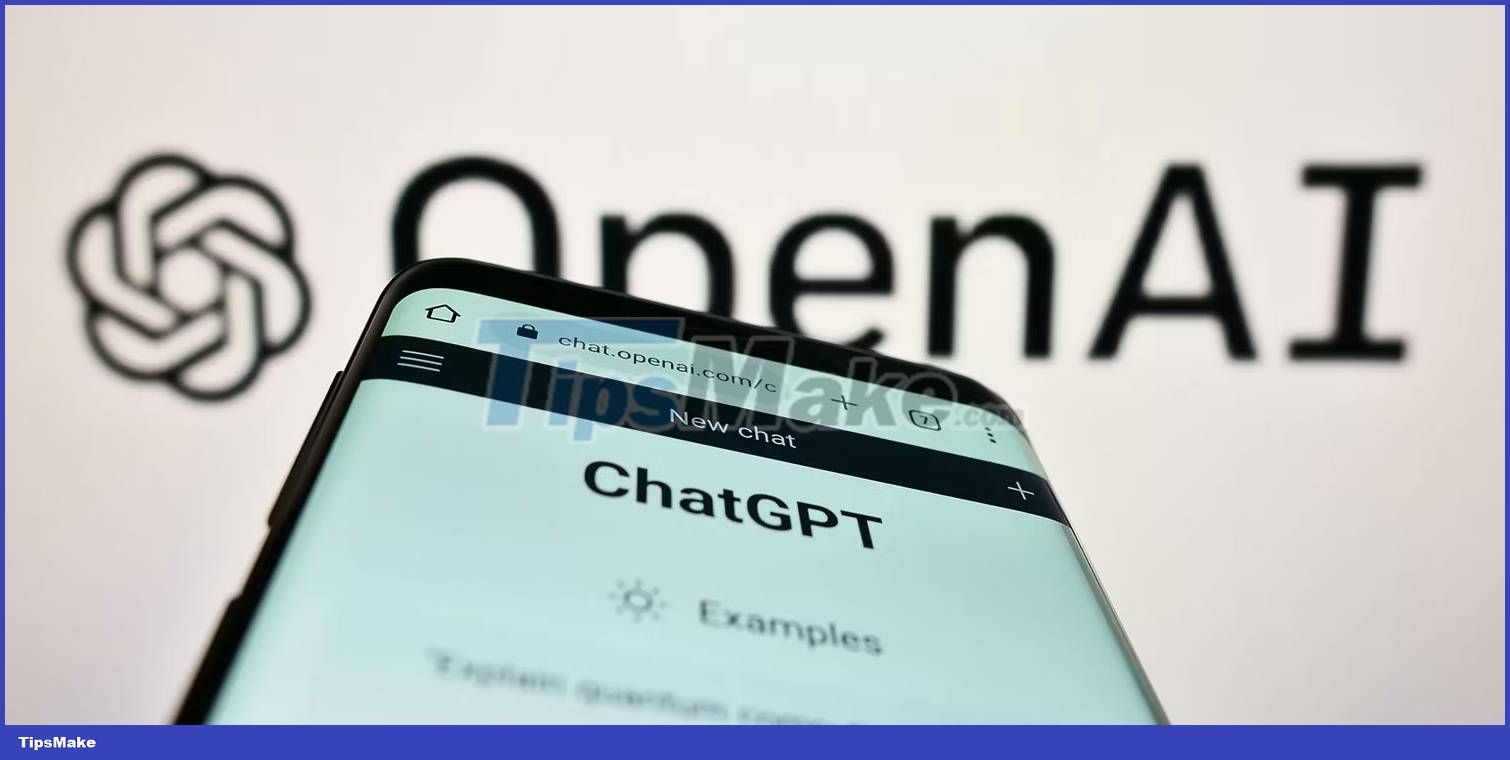7 reasons AI can't replace humans at work
In the face of the rapid development of artificial intelligence (AI) technology in today's labor market, employers can think of automated processes that make work easy, fast and efficient more fruitful.
Therefore, employees are afraid of losing their jobs and being replaced by machines.
While AI is designed to replace manual labor by making work faster and more efficient, it cannot completely replace humans in the workspace. In this article, you'll see why humans are still incredibly valuable in the workplace and cannot be completely replaced by AI.
1. AI lacks emotional intelligence

Emotional intelligence is one of the special factors that makes people always have an irreplaceable position in the workplace. An undeniably basic human need is the need for emotional connection with others. AI can try to imitate human intelligence, but emotional intelligence is not as easy to imitate as intelligence. Why? Because it requires empathy and a deep understanding of the human experience.
Smart business owners and corporate executives understand the importance of emotionally engaging employees and customers. A machine cannot achieve such a level of human connection.
Regardless of how well AI machines are programmed to respond to humans, it is unlikely that humans will develop a strong emotional connection with these machines. Therefore, AI cannot replace humans, especially when connecting with others is critical to business growth.
2. AI can only work with entered data
AI can only work on the data it receives. So when the data entered into the machine does not cover a new field of work or its algorithm does not cover unforeseen circumstances, the AI becomes useless.
These situations are common in the tech and manufacturing industries, where AI developers are constantly trying to find temporary alternatives. The idea that AI tools will adapt to any situation is one of the common myths about artificial intelligence.
Therefore, if you fear that AI could penetrate all industries and eliminate the need for your specialized skills, then you can rest assured that it will not happen. The reasoning and power of the human brain in analyzing, creating, improvising, maneuvering, and gathering information is something that AI cannot easily imitate.
3. AI's creative process is limited to the data it receives

When it comes to generating innovative concepts and ways of doing things, AI lacks human-like capabilities because, as established, AI can only work with the data it receives. Therefore, AI cannot think of new ways, styles or models of working and is limited to certain stereotypes.
Employers and employees know the importance of creativity in the workspace. Creativity brings a sense of excitement about something new and different instead of the boring, repetitive actions that AI is designed to work for. Creativity is the foundation of innovation.
Related to thinking is the ability to think creatively. Machines are designed to "think out of habit". That means AI tools can only work within their given data range.
Humans, on the other hand, can think outside the box, source information from a variety of media, and create solutions to complex problems with little or no data. Since AI does not possess the ability to think out of the box and generate creative ideas to innovate, AI cannot replace humans in the workspace.
4. AI has no soft skills
Soft skills are a must-have for every employee in the workspace. These include teamwork, attention to detail, critical and creative thinking, effective communication and interpersonal skills, etc. These soft skills are required in every industry and you have to develop them to become professional at work.
People are taught and required to possess these skills; developed so that they are available to everyone, regardless of location. Corporate executives need them to develop staff in any industry. Thus, these soft skills give you the upper hand in the workspace over AI.
However, soft skills are alien to machines with artificial intelligence. AI cannot develop these important soft skills in workplace development and growth. Developing these skills requires higher levels of reasoning and emotional intelligence.
5. Humans make AI work

There would be no artificial intelligence without human intelligence. The term artificial intelligence means designed by humans. Humans write the lines of code on which AI is developed. The data that AI machines operate is entered by humans, who then use these machines themselves.
As AI applications continue to evolve, so do human services. Someone will have to design the AI processes for the machines, operate and maintain them. Only humans can do this. Based on these facts, you can boldly refute any speculation that AI will replace humans in the workspace.
6. AI is meant to complement human abilities and intelligence, not compete with it
Artificial intelligence applications are really taking their place in the workplace and they will replace many of the jobs that humans perform today. However, the jobs it takes on are often limited to repetitive tasks that require little stressful reasoning. Additionally, evolving workplace needs will create new roles for people as the world moves towards a more integrated technology landscape.
A report by the World Economic Forum shows that while machines with AI will replace about 85 million jobs by 2025, about 97 million jobs will also be created in the same year thanks to AI. So the big question is: How can humans work with AI instead of being replaced by it? That should be the focus of future development.
Because in this day and age, it would be difficult, if not impossible, to live without AI, but without humans there would be no artificial intelligence. Forward-thinking organizations have developed ways that can combine human and AI capabilities to achieve higher levels of productivity and innovation.
7. AI needs a reality check

A big problem with AI chatbots like ChatGPT is that they are often imprecise and require human moderators. It is true that AI has the ability to learn very quickly, but it lacks consciousness and simply does not have the ability to reason and refute events to the extent that humans can. That's why you should probably avoid asking AI chatbot certain things.
It is worth mentioning here that since artificial intelligence cannot self-regulate and requires external censorship, fact-checking is likely to become a mainstream profession in the future. So you can improve your research skills in the meantime.
- [Infographic] The reasons you should 'run away' from work on weekends
- 11 reasons why you always fail at work and life
- Instructions for searching and replacing in Excel tables
- Replace your desktop with a laptop, so reasonable?
- Top 7 common reasons why employees leave businesses
- Why can overwork can adversely affect your career?